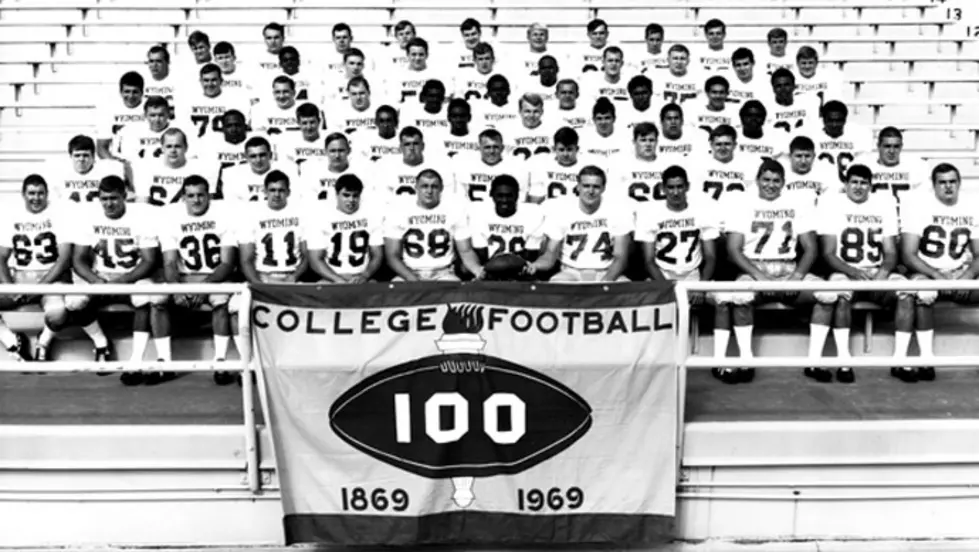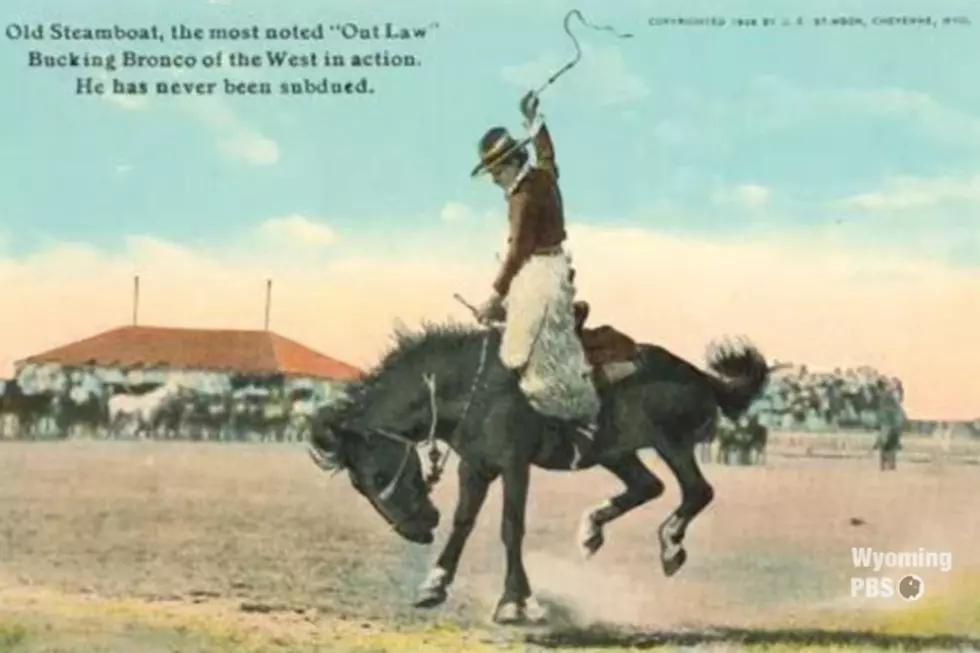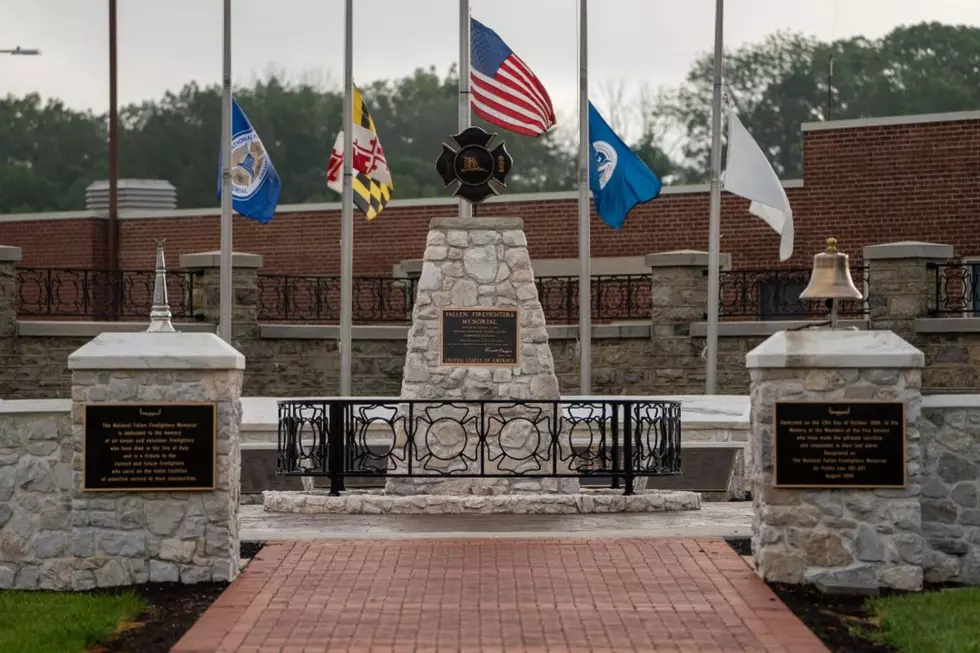
Univ. of Wyoming Cancels Black 14 Social Justice Summer Institute
On October 17, 1969, fourteen African American players were unceremoniously dismissed from the University of Wyoming football team by then-head coach Lloyd Eaton. The players wanted to make a statement at the next day's game against BYU, a school viewed by the players as racist due to the school's ties to the Church of Jesus Christ of Latter-day Saints (LDS Church). The players wanted to wear black armbands to protest the LDS policy of not allowing African Americans to become priests.
The players believed this was an expression of their First Amendment Rights. Coach Eaton disagreed. The players were removed from the team, resulting in a lengthy court case that made it all the way to the U.S. Court of Appeals Tenth Circuit in 1972. The players and their story have become ubiquitously known to U.S. History as 'The Black 14.'
In the last five years, immense steps have been taken to honor the Black 14 and move past the debacle. In 2019, the University released an official apology to the players. Not long after, the University founded the Black 14 Social Justice Institute, a program that "focuses on developing leadership, social justice, and diversity skills, fostering confidence, personal ethics, and advocacy."
The Institute was set to return in 2024. However, changes in the University of Wyoming funding to the Department of Diversity, Equity, and Inclusion by the State Legislature have resulted in the abrupt departure of 'Black 14' speakers from the conference.
"In a letter to President Ed Seidel, three Black 14 members wrote that the group is discontinuing its involvement in the institute because Wyoming government leaders have eliminated funding for UW’s Office of Diversity, Equity and Inclusion." says a University of Wyoming press release regarding the event.
“The Black 14 is immensely proud of the partnership with the University of Wyoming and our impact with the Black 14 Social Justice Summer Institute over the years,” wrote John Griffin, Mel Hamilton, and Tony McGee. “However, the Black 14 Social Justice Summer Institute’s fundamental values and objectives are intricately tied to DEI. The program cannot effectively realize its mission without ample backing and a robust DEI department.”
It was with much reluctance that President Ed Seidel and the University canceled this year's event. President Seidel stated, “Even with the loss of funding for the DEI office from our state block grant, we were hopeful that we could find a way forward to continue the Black 14 Social Justice Summer Institute -- just as we’re working to continue supporting all of our UW communities,” Seidel says. “However, the participation of the Black 14 is essential to have a meaningful experience for students, and that isn’t possible now. Still, we’ll continue to look for ways to partner with the Black 14, and we’re hopeful they may reconsider at some point in the future.”
More From Laramie Live









